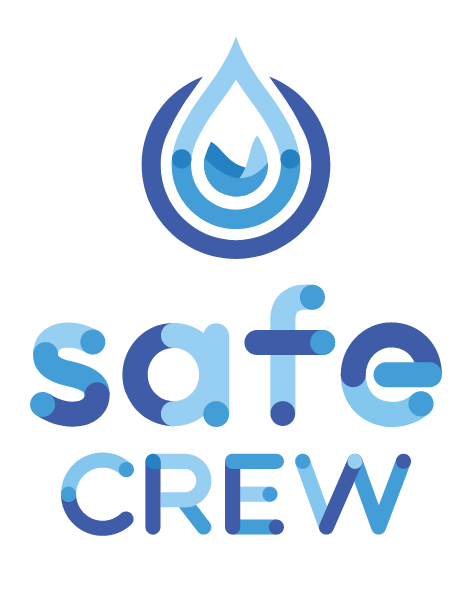The ZeroPollution4Water Cluster, a coalition of seven Horizon Europe projects, including SafeCREW, has released a new Policy Brief entitled “Responding to the Challenges of Disinfection By-products to Help Ensure Trust in Tap Water”.
The publication focuses on the growing challenge of disinfection by-products (DBPs), substances formed when disinfectants used in drinking water treatment react with natural organic matter or other pollutants. While disinfection remains essential to protect public health from waterborne diseases, some DBPs have been linked to health risks such as bladder, liver, and colon cancer.
The Policy Brief stresses that the new EU Drinking Water Directive (DWD) provides an important opportunity to strengthen water quality management. It calls for innovation in treatment technologies, better monitoring systems, and stronger cooperation among utilities, policymakers, and citizens.
Among the key recommendations, the document highlights the need to:
- Adopt proactive and adaptive measures to address climate-related challenges affecting water quality.
- Invest in infrastructure and advanced treatment technologies, including monitoring and early-warning systems, to reduce DBP formation.
- Ensure transparent communication with citizens, sharing clear and accessible data to build trust in tap water.
- Update EU legislation by setting regulatory limits for emerging, currently unregulated DBPs.
By promoting innovation, investment, and collaboration, the Cluster aims to support the EU’s zero-pollution ambition and ensure the delivery of safe, resilient, and high-quality drinking water for all European citizens.
Read the full Policy Brief here
SafeCREW contributed especially UFZ‘s research results on newly identified, highly polar DBPs, which still remain unregulated despite emerging scientific evidence. Also, SafeCREW is investigating advanced treatment technologies for the removal of DBP and DBP precursors, novel monitoring and early warning systems. Regarding the safe maintenance of the distribution networks, SafeCREW explores the interaction of material with disinfectants to develop recommendations for the selection of relining materials.
